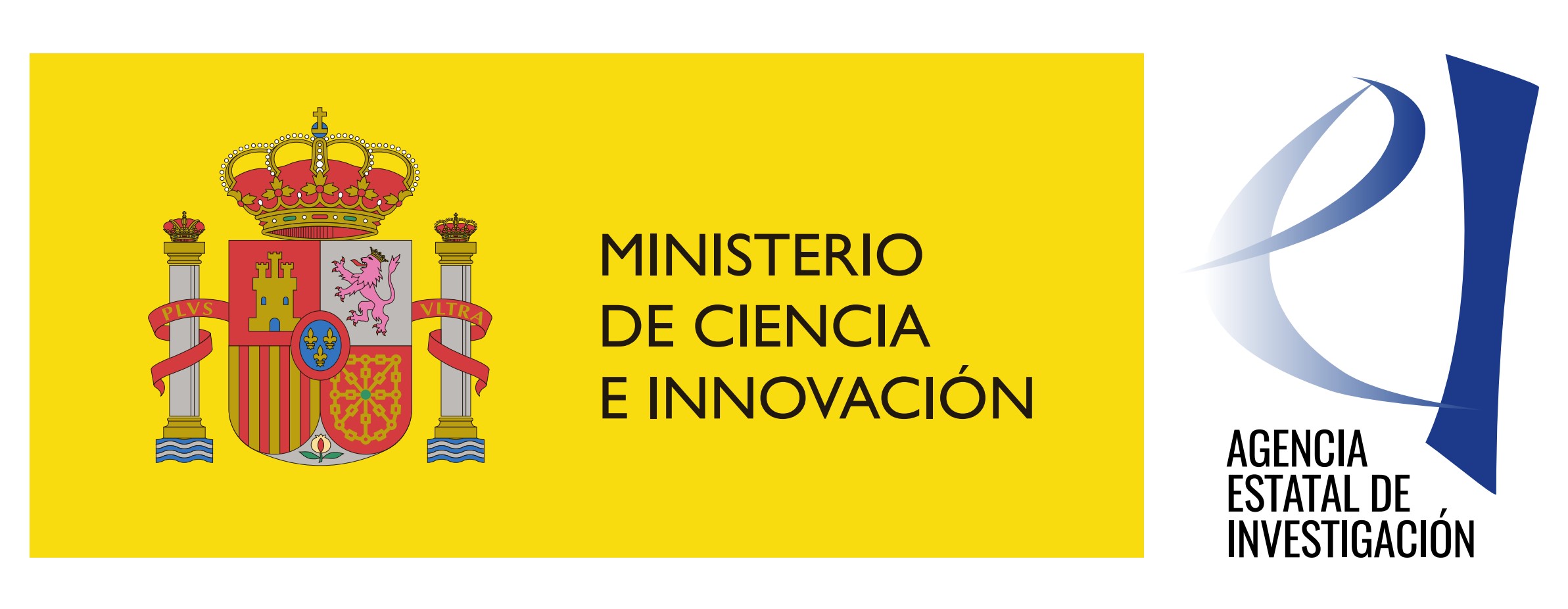AETHER (A holistic Smart data approach for context-driven data analysis with a focus on quality and safety)
The main objective of the Aether project is to define and develop a framework that brings together different data analysis techniques of interest in various research areas (e.g. business process and business analytics) and is general enough to be adaptable to a wide range of heterogeneous contexts. This framework focuses not only on the data journey from data sources (including their characterisation) to results (including their explainability), but also on cross-cutting aspects such as domain semantics, data quality, security, business processes or performance indicators. However, this knowledge is scattered across several research areas, which makes this objective too ambitious to be addressed by each of the sub-projects individually.
This objective must be supported by two cross-cutting aspects that determine the reliability of the results. On the one hand, it is necessary to guarantee the quality of the data and, on the other hand, the security of the data. Regarding the first aspect, this subproject addresses the technological and methodological challenges related to the particularisation of the data quality measurement methods of the datasets involved in the different business processes that are dealt with in the other subprojects. Furthermore, in order to establish a common language, the international standards ISO 25012 and ISO 25024 will be used as a basis, which provide a working framework that will have to be adapted to the different technological environments developed in the project.
technological environments developed in the project. More specifically, the information provided by the framework will be used to model and describe through ontologies the knowledge generated in the measurement of data quality.
This information will be used as part of workflows to make specific decisions on the use of the data. In terms of data security, work will be carried out transversally in the workflow considered for data analytics. Specifically, work will be done on the construction of a body of security metadata supported by context-sensitive ontologies that help characterise data security, and thus improve security data analysis, as well as on the definition of security requirements, and in turn on the selection and validation of security configurations in accordance with those requirements. In addition, work will be carried out on the application of machine learning techniques to discover knowledge about security datasets.
preparation of relevant sources. It will also contribute to improving the interpretation and explanation of security data, which is often neglected. The results of the project will be applied to company pilots in various contexts, including a specific one related to safety risk analysis. Due to the complexity of the objectives, neither the coordinator nor the other research groups can individually produce as great an impact as tackling these data analysis challenges together.
In this sense, the groups participating in this proposal show synergistic experience in tackling common lines of research in this direction, albeit with complementary perspectives that will enrich the overall approach.
Main Researchers:
1) José Antonio Cruz Lemus
2) Eduardo Fernández-Medina Patón
2) Eduardo Fernández-Medina Patón
Other Researchers:
3) Marcela Genero Bocco
4) Mario Piattini Velthuis
5) Manuel Ángel Serrano Martín
6) Ismael Caballero Muñoz-Reja
7) David García Rosado
8) Luis Enrique Sánchez Crespo
9) Antonio Santos-Olmo Parra
10) Carlos Blanco Bueno
11) Eduardo B. Fernandez
12) Haralambos Mouratidis
13) José Alberto Silva
4) Mario Piattini Velthuis
5) Manuel Ángel Serrano Martín
6) Ismael Caballero Muñoz-Reja
7) David García Rosado
8) Luis Enrique Sánchez Crespo
9) Antonio Santos-Olmo Parra
10) Carlos Blanco Bueno
11) Eduardo B. Fernandez
12) Haralambos Mouratidis
13) José Alberto Silva
